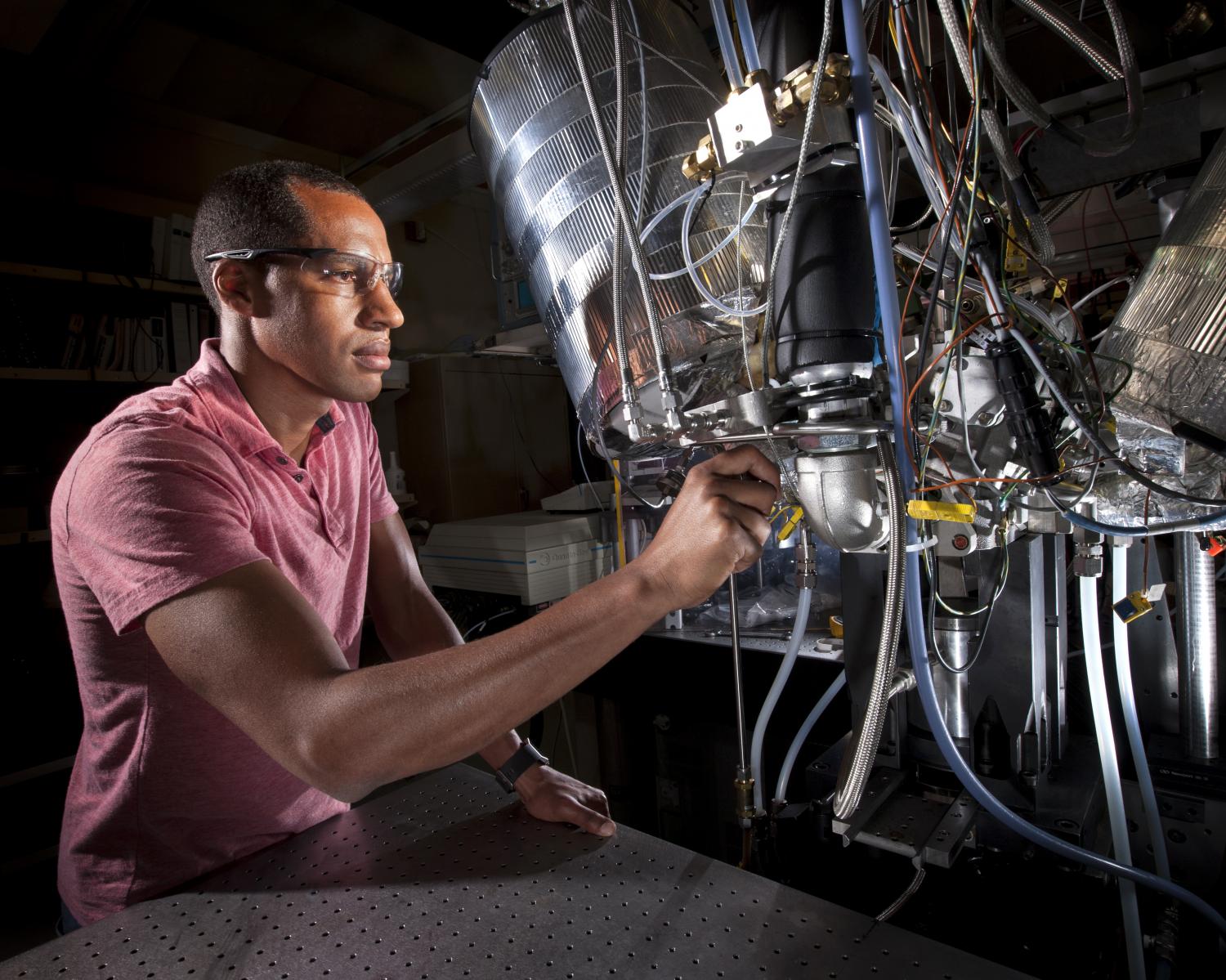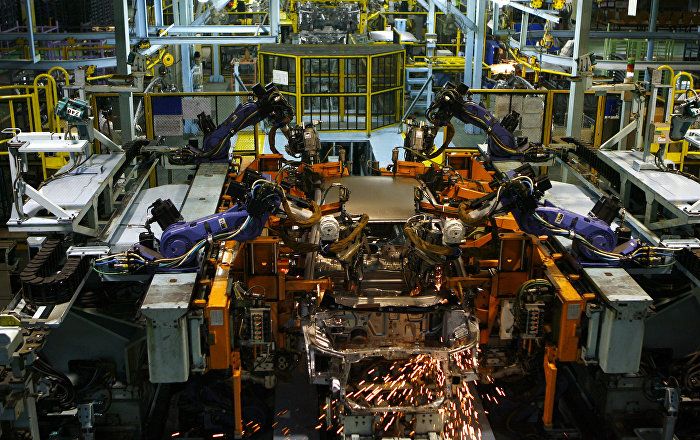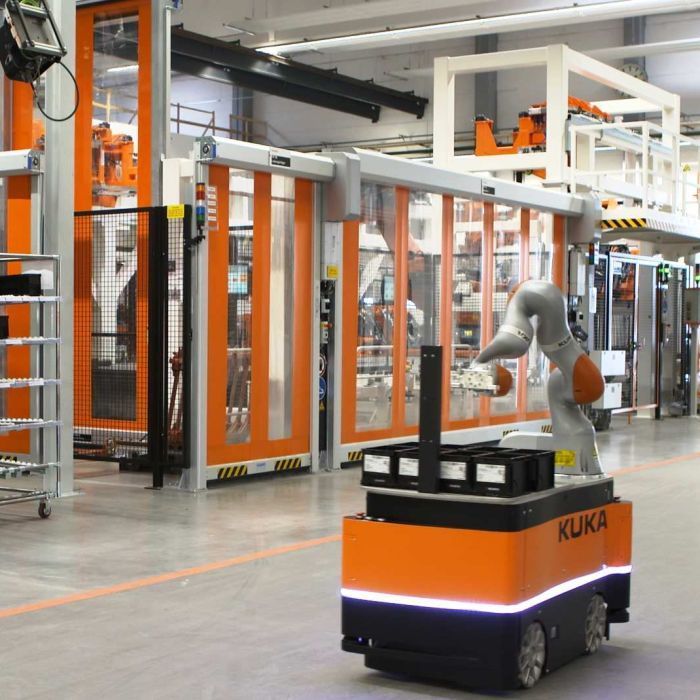Always a trickle down effect on things that improve or change. Just reconfirms and reminds us organically how everything is indeed connected.
Capital tends to have greater value the more skilled and educated the workforce. Anticipating genetically enhanced workers would cause firms to want to invest more now in new equipment and buildings. Many assets, such as real estate and intellectual property, become more valuable the richer a society and so expectations of a much higher economic growth rate would cause companies to spend more buying and developing these assets so that businesses, as well as governments, will wish to borrow more when they realize the potential of human genetic engineering.
Many individuals will reduce their savings rate in anticipation of a future richer society. Today, fear that Social Security won’t survive motivates many Americans to save, but this fear and so this incentive for saving would disappear once genetic engineering for intelligence proves feasible. Furthermore, many citizens would rationally expect future government benefits to senior citizens to increase in a world made richer by genetic engineering and this expectation would reduce the perceived need to save for retirement.
Since understanding the consequences of a smarter workforce will increase the desire to borrow but reduce the wish to save, real interest rates will have to go up. These higher rates will reduce incentives to borrow while increasing the willingness to save and so will restore equilibrium to money markets. Expect to see higher interest rates as soon as markets price in embryo selection and genetic engineering.






